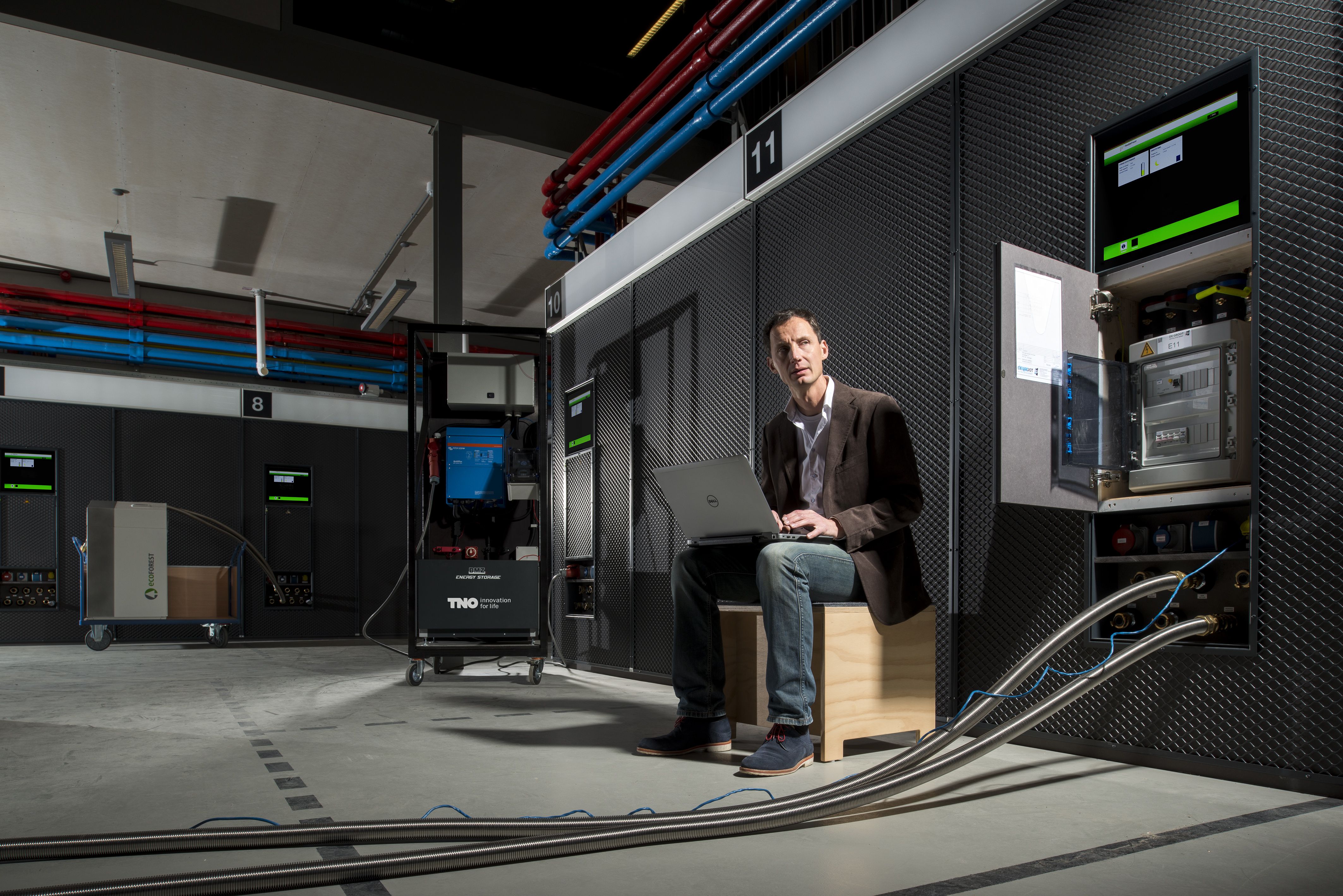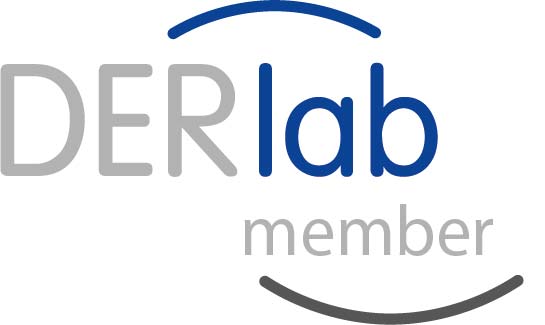Description: TNO is a knowledge organisation for companies, government bodies and public organisations. It was founded in 1932 to develop applicable knowledge and create innovations that boost the competitive strength of industry and the well-being of society in a sustainable way. They further offer specialist consulting services and grant licences for patents and specialist software. With more than 2,600 employees, it is one of the largest research institutes in the Netherlands and has its headquarters in The Hague.
Main focus on transitions in five social themes:
- Industry: from economic stagnation to growth in high-technology industry
- Healthy Living: from illness and treatment to health and behaviour
- Defence, Safety & Security: from a wide range of threats to controllable risks
- Urbanisation: from urbanisation bottlenecks to urban vitality
- Energy: from conventional sources to sustainable energy systems
Energy
In the area of sustainability and energy, TNO works with commercial players and the government to develop and integrate knowledge of intelligent energy networks and smart grids. The focus lies on durable, balanced and cost-effective solution strategies for energy reduction, renewables integration and sustainability issues. The skills and knowledge provided by TNO create tools that enable energy planning, decision support, implementation strategy, and scenario assessment. Among the available facilities are a climate chamber, a nanolab, a cyber security laboratory, a sensor network living laboratory, and a vehicle hardware-in-the-loop (VEHIL) laboratory.
Facilities
HESI Facility (Hybrid Energy System Integration Facility)
Description: In January 2017 TNO’s HESI facility (Hybrid Energy System Integration Facility) was officially opened. HESI’s main targets are system integration issues that play a key role in accelerating the transition of electricity, heating and gas systems in terms of how they relate to each other. The facility supports SMEs and energy companies to develop and test smart energy systems for everyday use in large scale deployments. The infrastructure can be used for rapid prototyping and testing of energy system configurations, interdependent of the larger energy system. The unique features of the HESO facility are a consistent mapping between real-time environment and simulation environment, its suitability for optimizations in hybrid energy context (gas, electricity, heat) and its interconnectivity with other smart grid lab environments for sharing applications, distributed control, and more. There is further a data and communication infrastructure and advanced ICT solutions for monitoring and controlling energy systems.
Simulations and Tools
- The Energy System Description Language (ESDL) is an open source modeling language created for modeling the components in an energy system and their relations towards each other. The language allows makers of energy transition calculation tools, simulations and GIS applications to support ESDL in order to enforce the interoperability of their products.
- ESSIM is the Energy System SIMulator, which calculates the KPIs of an ESDL defined energy system. An additional compute node allows running ESSIM simulations, or any other general-purpose virtual machines.
- (Co)simulation. Quantifying the effects of introducing large numbers of renewables into the energy.
Testing and Services
- Flexibility testing with (hybrid) smart devices. Study the flexibility potential of devices such as batteries and hybrid heat pumps.
- Implementation of relevant smart grid standards such as EN50491-12. Helping manufacturers to conform to smart grid standards.



